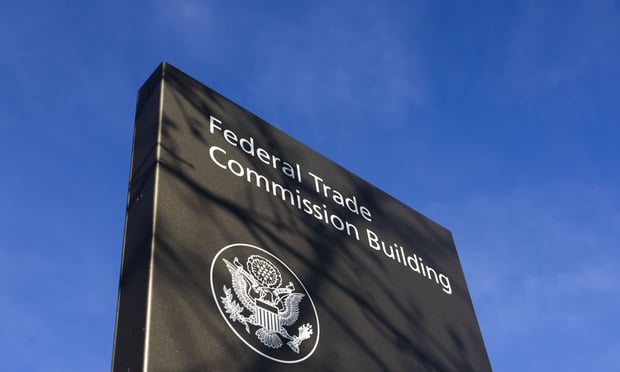The invasion drew the ire of the U.S. as the aggressor burnedthrough reserves to defend its currency before ultimately appealingto the International Monetary Fund (IMF).
|It's not a blueprint for 21st century Russia, but the pathfollowed by the U.K. in 1956. It's not about Ukraine but the SuezCanal.
|The history shows why Vladimir Putin won't—and can't—for nowpursue an obvious way out of Russia's financial straits: Then, asnow, the U.S. wielded a veto over IMF loans.
|“This is a situation calling out for IMF involvement,” saidPhillip Swagel, a former IMF and U.S. Treasury official who nowteaches at the University of Maryland. “Russia needs the help, butit's hard to imagine Putin asking—he would call it submitting. Thenis the possibility that the United States might use the Russianrequest as geopolitical leverage.”
|That's what then-President Dwight Eisenhower did almost sixdecades ago in a confrontation involving his closest ally.
|The U.K., with France, followed Israel into Egypt in 1956 afterPresident Gamal Abdel Nasser nationalized the global commerciallifeline and kicked out the consortium that had been running thecanal.
|Britain was exposed when sterling came under speculative attack.Investors targeted its $2.80 peg to the dollar, forcing the Bank ofEngland to run down its reserves to defend it.
|For the U.K., “Suez was also a financial crisis,” according to a2001 study by IMF historian James M. Boughton.
|As they struggled to maintain the $2 billion minimum viewed asnecessary to stave off devaluation, British officials began lookingfor assistance. Knowing the U.S. was unlikely to help directly,they turned to the then decade-old IMF.
|U.S. Veto
|No dice. U.S. Treasury Secretary George M. Humphrey told theU.K. he would only back it at the IMF when it was “conforming to,rather than defying, the United Nations.”
|On the verge of having to reveal its reserves had breached $2billion, the British government buckled and announced a troopwithdrawal from Egypt. That freed up $1.3 billion of internationalloans. Sterling was saved.
|To Boughton, “the United Kingdom's need for financial assistancegave the Americans the perfect lever.”
|Consider the parallels today.
|Russia's involvement in Ukraine has drawn internationalsanctions, which—combined with a plunge in the oil price—has sentthe ruble plummeting. Its reserves have dropped about $100billion from $470 billion at the end of 2013.
|“There is an unusually stark dichotomy here between the economiccase for IMF involvement and the political reality,” saidAlessandro Leipold, a former IMF official who is now chiefeconomist of the Lisbon Council, a research group in Brussels. “Theeconomic case is that of a classic emerging-country crisis, almostof a textbook variety. The political reality of this occurring anytime soon is, however, zero.”
|Copyright 2018 Bloomberg. All rightsreserved. This material may not be published, broadcast, rewritten,or redistributed.
Complete your profile to continue reading and get FREE access to Treasury & Risk, part of your ALM digital membership.
Your access to unlimited Treasury & Risk content isn’t changing.
Once you are an ALM digital member, you’ll receive:
- Critical Treasury & Risk information including in-depth analysis of treasury and finance best practices, case studies with corporate innovators, informative newsletters, educational webcasts and videos, and resources from industry leaders.
- Exclusive discounts on ALM and Treasury & Risk events.
- Access to other award-winning ALM websites including PropertyCasualty360.com and Law.com.
*May exclude premium content
Already have an account? Sign In
© 2024 ALM Global, LLC, All Rights Reserved. Request academic re-use from www.copyright.com. All other uses, submit a request to [email protected]. For more information visit Asset & Logo Licensing.







